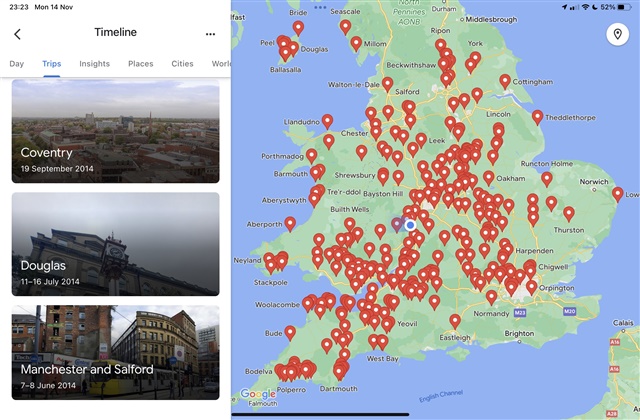The CIty and Guilds 2346 Experienced Worker is now a reasonably established route to achieve recognition as a competent electrician in the U.K. The qualification also embeds a requirement to have the 18th Edition and at least the 2391 initial verification. To apply for an ECS card or QS status with NICEIC, NAPIT or the like, the candidate must also acquire the AM2E.
The ROI operate a scheme called Safe Electric which controls electrical installation work, particularly in the domestic sector where the work undertaken must be signed off by a Qualified Certifier (QC).
To become a QC, you must have gained an advanced craft certificate in electrical installation which is a level 6 qualification in the ROI and mapped to level 5 on the European Qualification Framework (EQF). Alternatively, if the applicant has gained qualifications outside the ROI, then providing they are equivalent, they will be accepted.
Unfortunately, in the U.K. the NVQ L3 is mapped to a level 4 on the EQF meaning that even someone regarded as fully competent in the U.K. will not be accepted as a QC in the ROI.
I imagine that will be of little consequence to you guys on the mainland but here in NI there is significant draw to the very lucrative electrical installation sector on the domestic side in the ROI.
Quite what the difference is between the qualifications, I have no idea, but one would have expected some collaboration between those who were involved in creating the NVQ L3 and the 2346 in the U.K. and Safe Electric representing our nearest European neighbour.
Meanwhile, I have quite a few lads who recently gained their 2346, AM2E and the obligatory city and guilds qualification for inspection and testing in ROI who can only sit on the sidelines while the lads in the ROI fill their boots!

